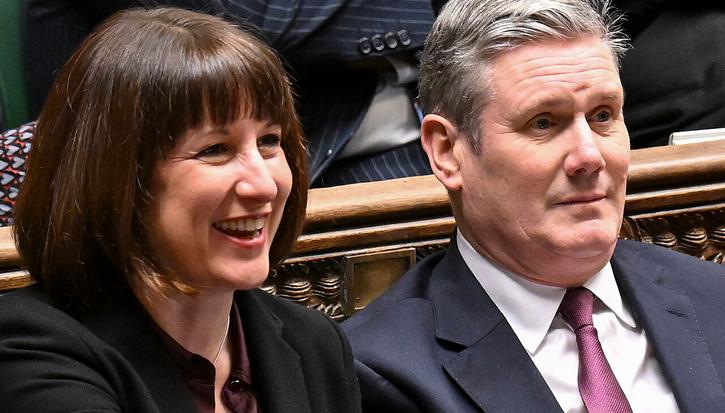The local energy in British politics
Municipal trailblazers are showing that the future for energy supply is 'local, integrated and renewable'Article
Much of the dynamism in contemporary British politics is to be found in local government, and there are few better examples of this than energy policy. Instead of demanding the renationalisation of energy firms, innovative local authorities have been quietly getting on with setting up their own municipal not-for-profit companies to supply local citizens.
At the head of the pack is Nottingham City Council, which has announced plans for a Robin Hood energy company. This will use locally generated energy topped up with gas and electricity from the open market to offer competitive tariffs that could save customers on their energy bills. Their aim is to sign up 10,000 customers a month.
For a market that is currently under investigation by the Competition and Markets Authority, this is a very welcome development. The relatively high levels of trust that communities have in their local councils means that municipal-energy suppliers could prove to be very popular. They could thus disrupt the energy market, providing important new sources of innovation and competition.

Municipal engagement in energy supply could also unlock the potential of local generation and generate a much needed new source of income for local authorities and councils. Last year, IPPR published City energy, a study of this emerging new trend. It showed that many other local authorities and councils are already starting to play a substantive and innovative role in Britain’s energy market – tackling fuel poverty, investing in local clean energy and benefitting the local economy.
One example is Our Power, a grouping of 35 housing associations and local authorities in Scotland, who plan to launch as a supplier at the end of 2015. They have been backed with a repayable loan from the Scottish government. This is the kind of support that central government can usefully provide to really unlock the potential of municipal energy.
Despite the government’s recent cuts to clean energy subsidies, this is the future for energy supply: local, integrated and renewable.
Related items

Regional economies: The role of industrial strategy as a pathway to greener growth
Regions like the North should have a key role to play in the development of a green industrial strategy.
Achieving the 2030 child poverty target: The distance left to travel
On 27 March, the Scottish government will announce whether Scotland’s 2023 child poverty target – no more than 18 per cent of children in poverty – was achieved.
Spring statement: A changed world calls for a changed course
If there are decades where nothing happens and there are weeks where decades happen, the last few weeks feel seismic. The prime minister was right to say the world has changed. Donald Trump’s re-election in November has unleashed a wave…